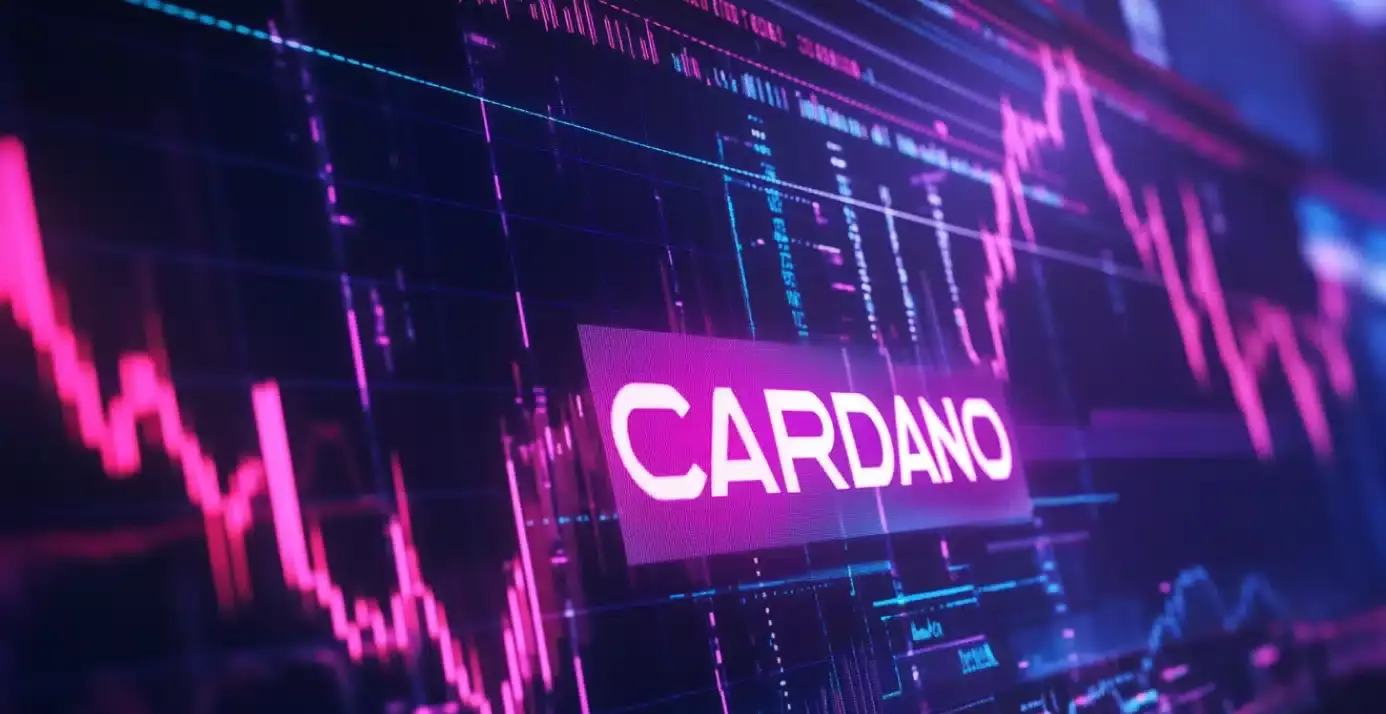In an exciting development for cryptocurrency enthusiasts and institutional investors alike, Grayscale has officially filed for a spot Cardano (ADA) exchange-traded fund (ETF). This filing marks a pivotal point in the burgeoning crypto ETF landscape, notably being the 60th application submitted this year alone. This surge highlights an increasing appetite from asset management firms seeking to broaden access to cryptocurrency investments—moving beyond the traditional domains of Bitcoin (BTC) and Ethereum (ETH).
The recent 19b-4 form submission to the Securities and Exchange Commission (SEC) signifies not only Grayscale’s ambition to introduce ADA into the American ETF market but also underscores the evolution of digital asset investment strategies. ETF analyst Eric Balchunas from Bloomberg brings attention to the sheer number of filings within a short timeframe, illuminating a competitive race amongst financial institutions to capture the burgeoning digital asset space.
The 19b-4 filing is a critical step in the regulatory journey needed for launching a new ETF. It functions as a formal plea for regulatory changes necessary for listing on an exchange. Nevertheless, the journey doesn’t end there; these ETFs also require a successful S-1 registration statement before they can commence trading. Despite the potential hurdles, the enthusiasm surrounding ADA has become palpable. In the 24-hour period following the announcement, ADA’s price surged by nearly 11%, reaching $0.74. Nevertheless, the token remains significantly below its all-time high of $3.10 achieved in September 2021, indicating both the volatility of the crypto market and potential growth opportunities.
The market’s spirited response to Grayscale’s Cardano ETF filing indicates a budding optimism for altcoin ETFs. Analysts predict an increasing number of ETF applications in the near future, especially as firms demonstrate readiness to explore opportunities beyond the economically dominant Bitcoin and Ethereum. Notably, other cryptocurrencies like Litecoin (LTC) and Solana (SOL) are also in the queue for approval, with analysts like Seyffart and Balchunas estimating a 90% chance for Litecoin’s approval on October 2 and a 70% probability for Solana’s approval on October 25. Furthermore, the improved odds of Ripple (XRP) and Dogecoin (DOGE) ETFs, rated at 65% and 70% respectively, paint a promising picture for a diverse crypto ETF market.
Another layer to this evolving narrative is the transformation in regulatory sentiment following the exit of Gary Gensler from the SEC. Historically, Gensler’s chairmanship was characterized by strict scrutiny and skepticism towards cryptocurrency initiatives. However, recent filings and the ensuing optimism suggest a potential shift in regulatory approach, which may pave the way for broader acceptance of cryptocurrencies within formal investment vehicles.
Grayscale’s Cardano ETF filing not only signals significant progress in the crypto sphere but also invites a wave of interest towards altcoins in the ETF market. As institutions pivot towards innovative investment strategies in this rapidly changing landscape, the outcome of these filings could redefine the contours of cryptocurrency investing for both retail and institutional players.

